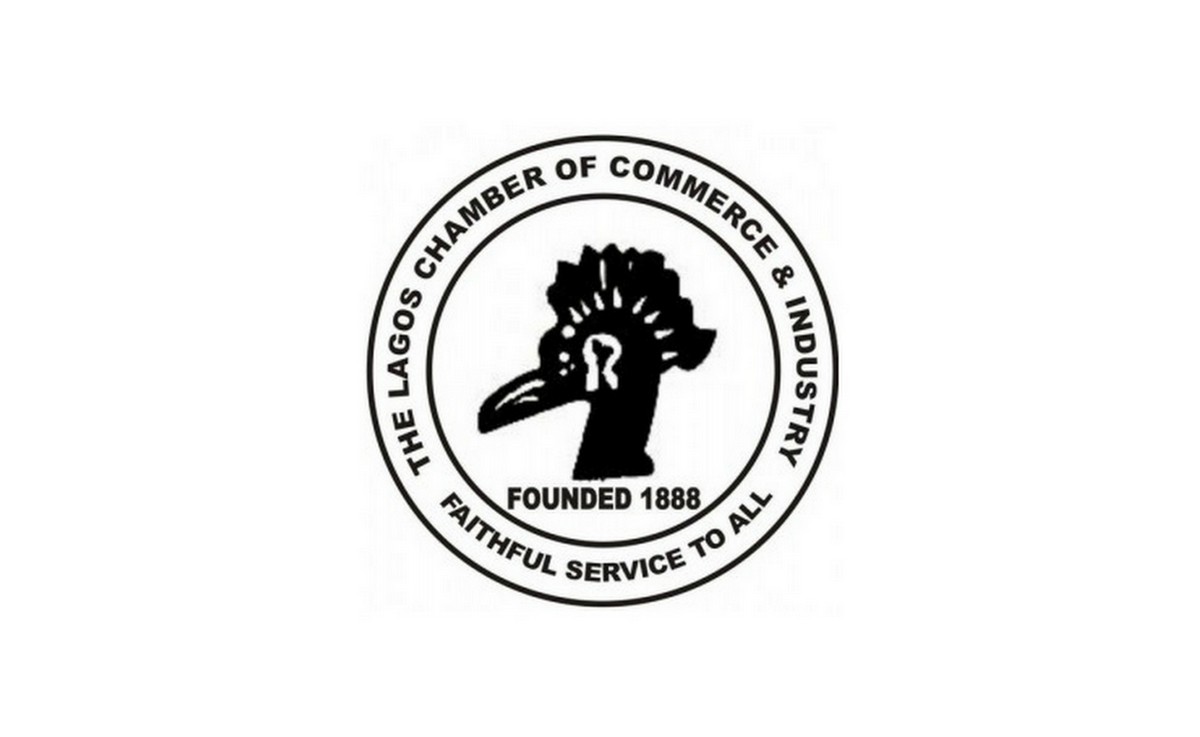LCCI: FG urged to reduce excessive taxation on oil & gas investment

The Lagos Chamber of Commerce and Industry, LCCI, yesterday called on the federal government to reduce the burden of excessive taxation on oil and gas investment in the country.
The President of LCCI, Mr. Babatunde Ruwase made this call in a parley with pressmen on the agenda for the new government, adding that, there is currently a proposal by the Nigeria Ports Authority (NPA) to impose $1 levy on every barrel of oil export and also new levies are being proposed under the National Oil Spill Detection and Response Agency [NOSDRA] amendment bill as well as the Maritime University amendment bill.
“There is an urgent need to improve the regulatory environment in the oil and gas industry. This will unlock huge foreign direct investment in the sector, especially in gas and deep-water exploration. This is one of the major objectives of the Petroleum Industry Bill [PIB]. The journey for this legislation started over 15 years ago and not much progress has been made. We request that a more expeditious consideration be given to the bill through appropriate collaborative actions with the national assembly.”
“Crude oil export is our biggest foreign exchange earner; ironically, the biggest foreign exchange expenditure is also on the importation of petroleum products. Increases in crude oil price benefit the Nigerian economy with regards to foreign exchange earnings but penalises the economy in terms of the huge foreign exchange commitment to importation of refined petroleum products and high energy cost. We need to prioritise local refining of petroleum products to ease pressure on our reserves” he said.
He said the chamber also seek protection for the manufacturers of gas cylinders to promote industrialisation, self-reliance and conservation of foreign exchange, adding that, the country already have huge capacity to meet local cylinder demands.
Ruwase noted that top government functionaries have repeatedly expressed concerns over the funding gap that exist in government, adding that, it is therefore important to quickly develop a fiscal sustainability strategy as the administration progresses into its second term.
“We need to deal urgently with the cost of governance as well as the issue of value for money in government expenditure. We recognize that there is a correlation between investment growth, GDP performance and tax revenue. This underscores the very important role that investment can play in boosting the revenue of government. As investment grows, job creation will improve, and tax revenue will be positively impacted.”
“The government also need to watch the growth of recurrent expenditure in order to give more room for infrastructure financing. Currently, the summation of recurrent expenditure and debt service is equal to total government revenue. This financing structure is certainly not sustainable; what this means is that capital project will naturally be funded by borrowed funds. It is important to put in place an appropriate Public Private Partnership to attract private capital in the financing of bankable public sector projects” he said.









0 Comments